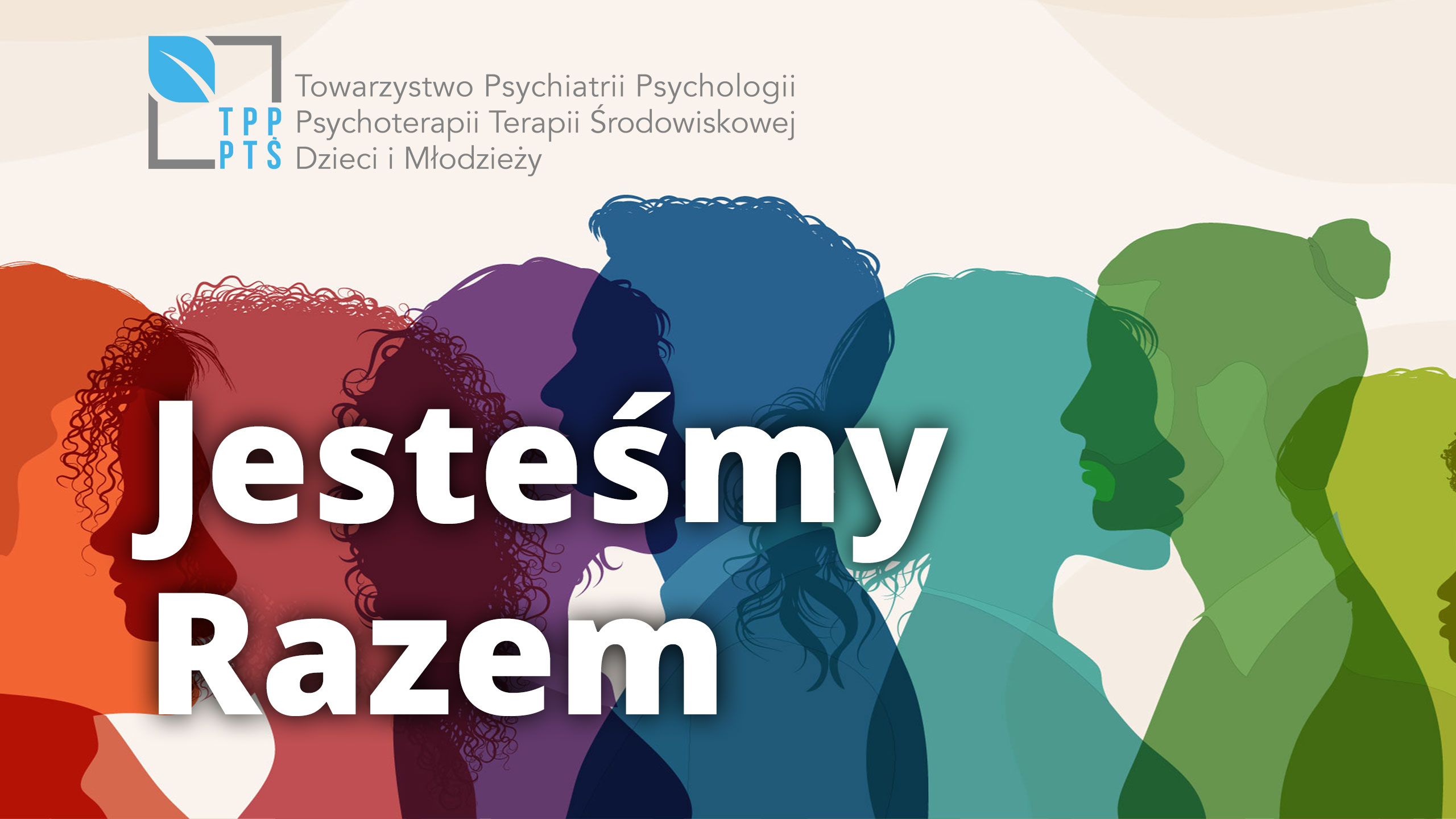Beliefs about health, illness and acceptance of the limitations of chronic somatic disease in people with psoriasis
Joanna Miniszewska, Marta Adamska
 Affiliacja i adres do korespondencji
Affiliacja i adres do korespondencjiIntroduction: Occurrence of a chronic disease means for an affected person significant changes in life and the disease itself can be seen in various categories. Assessment of the disease often affects its acceptance, which in turn affects the choice of coping strategies in dealing with it. Beliefs about psoriasis, a chronic skin disease that causes numerous psychosocial consequences, may influence its acceptance. Aim of the study: To determine the relationship between the way the disease is perceived, beliefs about having an impact on one’s own health, and acceptance of limitations of the disease. Material and methods: The study included 61 psoriasis patients. The following measures were employed: Acceptance of Illness Scale (AIS), Disease-Related Appraisals Scale (SOWC), Multidimensional Health Locus of Control Scale (MHLC), Self-Administered Psoriasis Area and Severity Index (SAPASI). Results: Sex and occurrence of the disease in family members did not differentiate the respondents in terms of the level of acceptance of the disease. Their perception of the disease as a threat, harm, obstacles and imbalances of life and treatment of health in terms of a chance, and severity of psoriasis measured with SAPASI correlated negatively with the disease acceptance. Internal health locus of control affected it positively. Two homogeneous subgroups were separated. Assessment of the disease in terms of an obstacle/loss, internal health locus of control and treatment of health in terms of a chance allow to predict the level of psoriasis acceptance. Conclusions: People’s beliefs relating to their own illness and their belief in having (or not) an influence on their own health are associated with the level of accepting the disease. In other words, beliefs about a disease correlate with adaptation to it.















